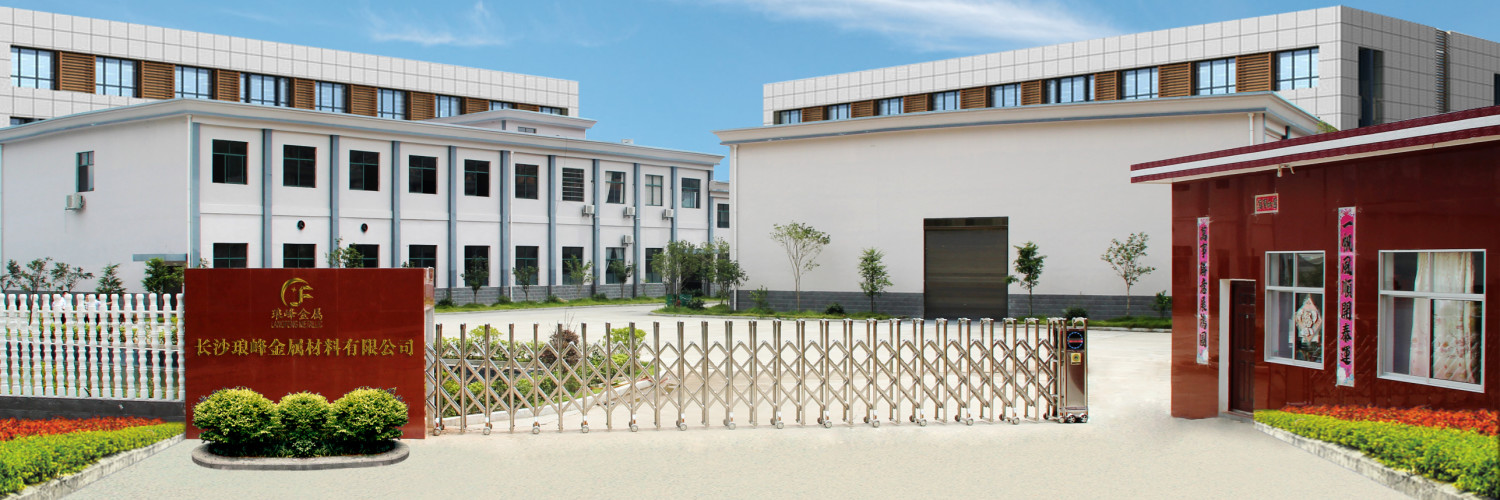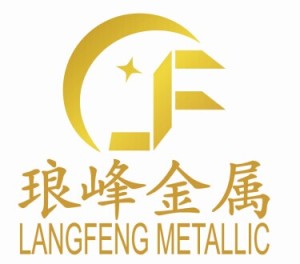Since the technology is applied to the ceramic microwave sintering process, more research is A1z03, Zr0: its composite ceramic material. Self-made microwave sintering equipment, by adding MgO and Y2O3 sintering aids to pure Al2O3 powder prepared with high purity and high density Al2O3 ceramic, its strength and toughness has been significantly enhanced. Patteson, who i} for high purity A1z03 microwave and conventional sintering, experiments found that microwave sintering of Young’s modulus and fracture toughness greater than conventional sintering, respectively 398.5GPa, 3.25MPam-2 and 397GPa, 3.04MPam-2.
Ultrafine nanoscale powder, by the insertion of an appropriate amount of rare earth oxide (Y2O3), by microwave sintering of new rare earth Y-ZrO2 toughened ceramic materials. Tsinghua University will ZTA ceramic body 15wt.% ZrO2 ten 85wt.% Al2O3 heating in multi-cavity microwave sintering apparatus to 1540 ℃ insulation 20min, its density can reach 99% of theoretical density, performance, and conventional non-pressure sintering phase ratio, sample fine grain size, good uniformity, the mechanical properties are also improved to some extent.
With Al2O3 and ZrO2 powder as raw material, with a very high relative density of microwave sintering, high fracture toughness of A12O3-ZrO2 composite ceramic material has.
In addition to the successful firing of Al2O3, ZrO2 ceramic materials, other oxide ceramics are obtained by this microwave sintering technology, such as TiO2, SiO2, ZnO and other ceramic materials. For example, EaStman et al prepared using microwave average particle size of 14nm of TiO2, to obtain good physical properties, fracture toughness than conventional sintering material prepared in a manner 60% higher.
Stay tuned for detailed product information company official website: http://www.langfengmetallic.com/


Be the first to comment on "Special ceramics Microwave sintering -Oxide ceramics"